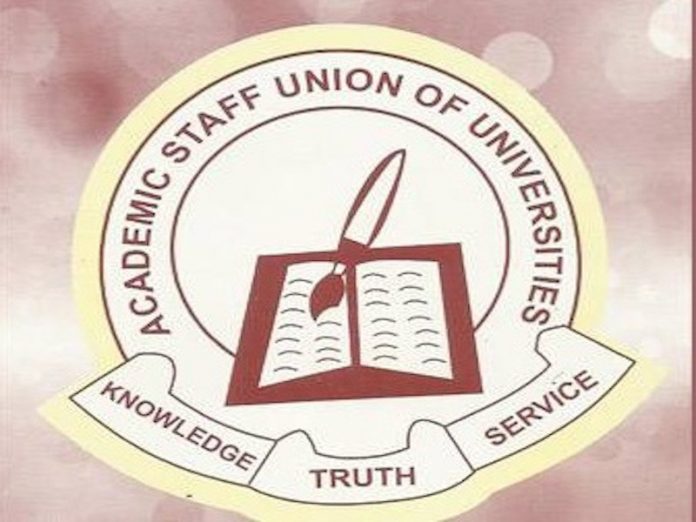The chairperson of the Federal University of Technology, Minna chapter of the Academic Staff Union of Universities (ASUU), Prof Gbolahan Bolarin has condemned the students loan bill signed into law on Monday by President Bola Tinubu.
The academic don was of the opinion that the law is not feasible as the peculiarities of Nigeria were not considered before signing the bill into law.
According to him the problem with Nigeria and such initiatives is that the leadership wants to replicate what they see in some other countries without giving any consideration to what is obtainable in Nigeria.
He lamented that it may be difficult for students who obtain the loan to pay back due to the high unemployment rate among graduates as well as the abysmal minimum wage.
Prof. Bolarin revealed that ASUU stood against the bill from the beginning because the scheme is not feasible nor sustainable and is therefore “dead on arrival.”
He said according to Punch, “The problem in Nigeria is that we copy policies from other countries and want to replicate them in our country without considering the situation here. Where are the jobs in Nigeria? There are graduates from over 20 years ago who are still jobless. Now the thing about this scheme is that as you repay, another person gets access to the loan.
Now that the scheme will provide N1m per year, suppose a student comes to FUTMinna and stays for five years. That means you will receive N5m; what is the guarantee that you will get a job to pay it back? As of today, the minimum wage is N30,000. Is it feasible?
From the beginning, ASUU fought against it because of these issues. There are no two ways about it; this scheme is not going to be sustainable. You can see universities hiking fees, more universities will do this because governing councils of schools are looking for ways to fund schools; before you know it, the level of enrolment in public universities will be reduced.”
It has been reported that the bill signed by President Tinubu on Monday was passed by the National Assembly in November 2022, was sponsored by the immediate-past Speaker of the House of Representatives and the new Chief of Staff to the President, Femi Gbajabiamila.
The legislation provides for the establishment of the Nigerian education bank, which will have the power to administer, supervise, coordinate, and monitor the management of student loans in the country.
Based on the provisions of the legislation, the bank is expected to receive applications for student loans through higher institutions on behalf of the applicants and screen them.






